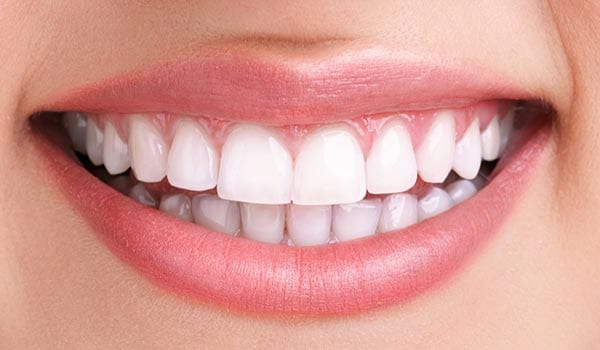
Taking care of your teeth goes beyond brushing and flossing. Homecare also means eating and drinking foods and drinks that can help your dental health. Paying attention to the vitamins and minerals that you are consuming can help you stay on top of what you should be putting into your body. These vitamins and minerals are what dental hygienist Claudia Chan recommends to keep your mouth healthy in between your hygiene visits.
- Calcium: This might be the best-known mineral that is good for your teeth. Calcium naturally strengthens bones throughout your body, including strengthening your teeth and your enamel. You can get calcium from dairy, including cheese and yogurt, as well as broccoli and spinach.
- Vitamin D: There is a reason that milk is usually fortified with vitamin D. Vitamin D helps your body absorb the calcium that you can take in, working together to strengthen your bones, which includes your teeth and your jaw. You can get vitamin D from the sun as well as milk, tuna, and even mushrooms.
- Phosphorus: Studies have shown that outside of calcium, you have more phosphorus in your body than any other mineral and much of that lives in your teeth. Phosphorus is a building block for your body’s tissues, helping keep your gums healthy and your teeth strong. You can get phosphorus from foods that are high in protein, such as eggs, meats, nuts, and dairy.
- Vitamin A: Vitamin A has lots of good benefits for your body, including your eyesight, but it is also a major stimulant for your saliva. Saliva is your mouth’s first defence against tooth decay and dry mouth is a major cause of dental trouble. Saliva will keep the mucous membranes in your mouth healthy, keeping decay and disease out. You will find vitamin A in carrots, sweet potatoes, spinach, and even collard greens.
- Vitamin C: A great protector against gingivitis, vitamin C can ward off early stages of gum disease, keeping your teeth healthy in their foundation. The tricky part with vitamin C is that it comes from many acidic fruits, which can damage the enamel on your teeth. But you can also find vitamin C in leafy greens and potatoes, which do not have the same acidity as fruits. If you check out this dentist Virginia Beach, they’ll tell you how important getting enough vitamin C is for pregnant women. This is because expecting moms are more susceptible to gum diseases.
- Vitamin K: Vitamin K works a little bit differently than other vitamins. Instead of strengthening your teeth, vitamin K will keep out substances that will try to break your bones down. Vitamin K encourages your body to produce more osteocalcin, which is a protein that makes your bones stronger. Greens, such as collards, spinach, Brussel sprouts, and kale can give your diet more Vitamin K.
- Fluoride: No doubt that you have heard about the importance of fluoride for your dental health. Fluoride is a natural mineral that helps remineralize your tooth enamel, strengthening your teeth. Most toothpastes will have fluoride in them and your dentist will also use fluoride in the office, but you can also find fluoride in black tea, seafood, and in some places, your tap water.
While it can be difficult to keep track of all of the different foods that you should eat for the benefit of your teeth and your body, the easiest thing to remember is that eating a healthy and balanced diet can ensure the health of your teeth. Reliable foods that are always healthy for you are leafy green vegetables, eggs, and dairy, but as is the case with everything, moderation is key. A balanced diet accompanied by good homecare and regular dental visits can keep your teeth as healthy as possible.
